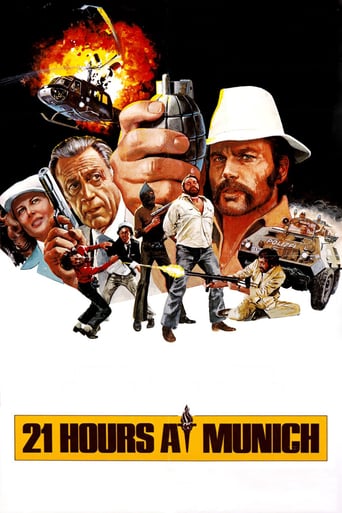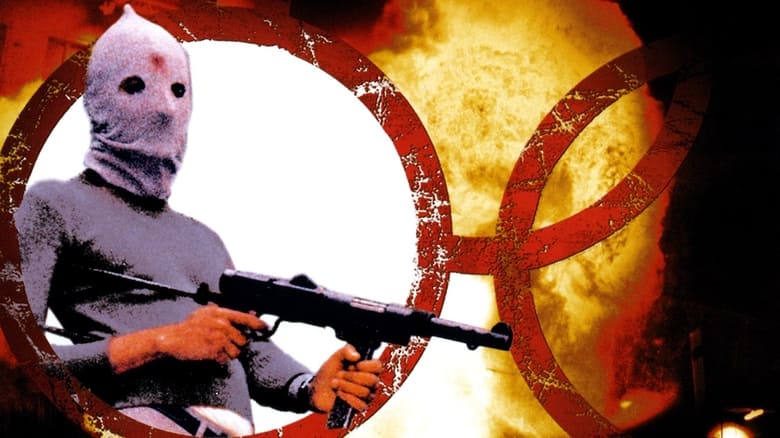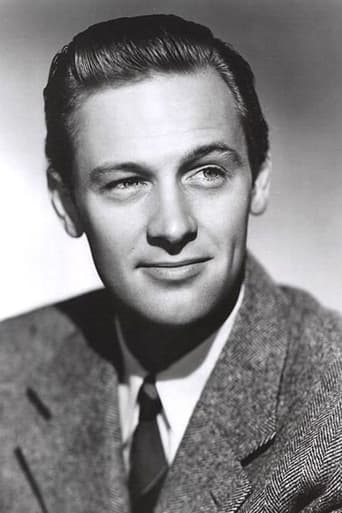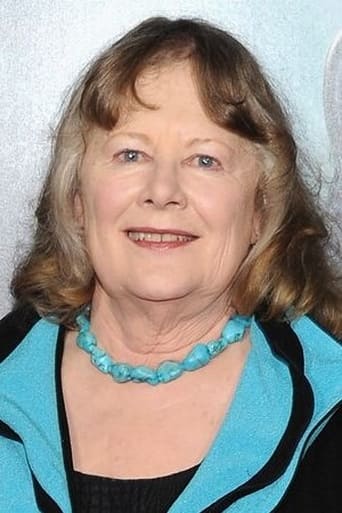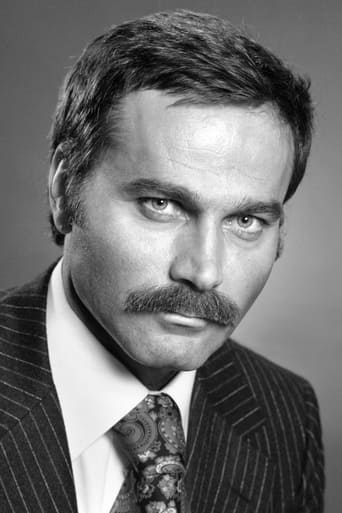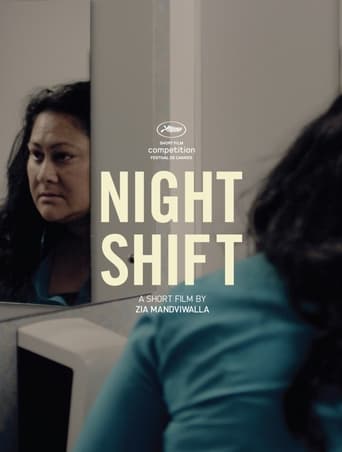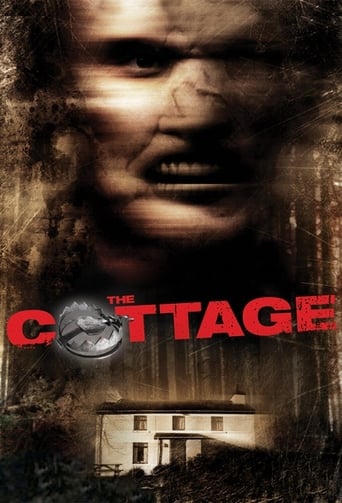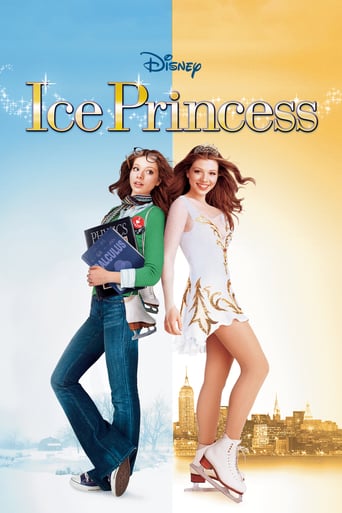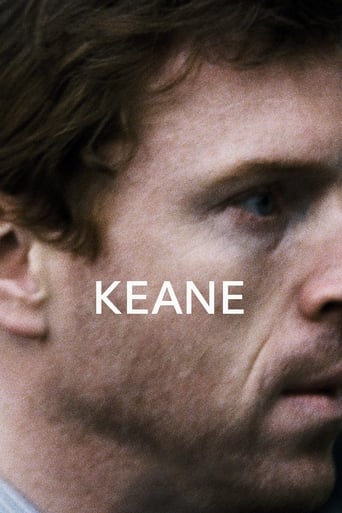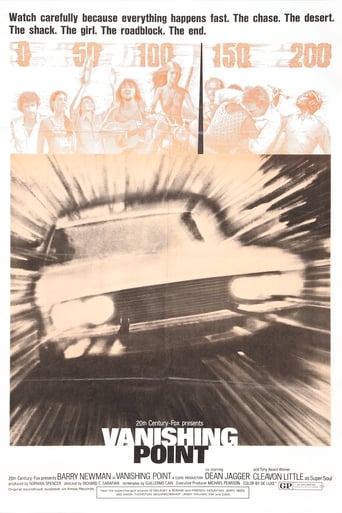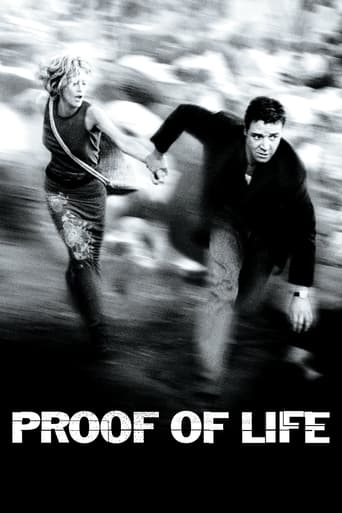21 Hours at Munich (1976)
A dramatization of the incident in 1972 when Arab terrorists broke into the Olympic compound in Munich and murdered 11 Israeli athletes.
Watch Trailer
Cast
Similar titles
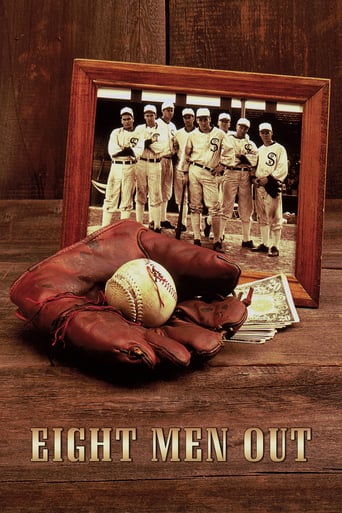
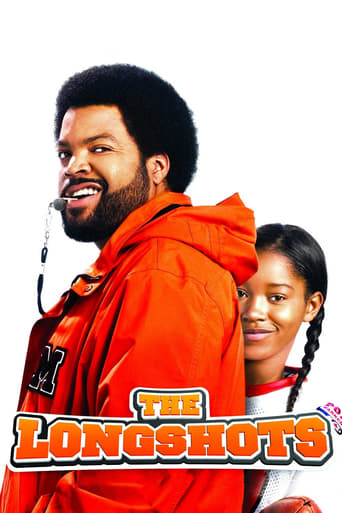
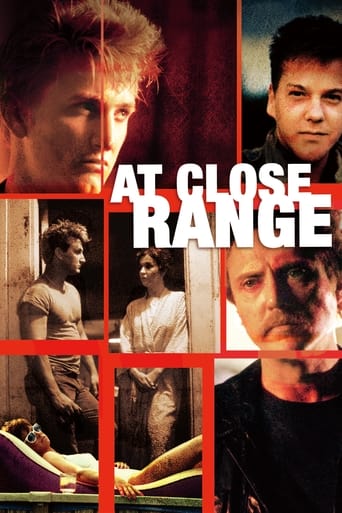

Reviews
best movie i've ever seen.
This is a must-see and one of the best documentaries - and films - of this year.
what a terribly boring film. I'm sorry but this is absolutely not deserving of best picture and will be forgotten quickly. Entertaining and engaging cinema? No. Nothing performances with flat faces and mistaking silence for subtlety.
Yes, absolutely, there is fun to be had, as well as many, many things to go boom, all amid an atmospheric urban jungle.
The murder of Israel's Olympic team by a Palestinian group at the 1972 games got addressed in Steven Spielberg's "Munich", which focused on Mossad's efforts to find the perpetrators, and an agent's misgivings about his mission. The actual hijacking is the subject of William Graham's "21 Hours at Munich". The movie does manage to find a balance between showing the kidnappers' brutality and addressing the issues that they wanted to bring to the world's attention (namely the Palestinians' expulsion from their land). It was particularly ironic that the kidnapping happened since Germany wanted to atone for its past by ensuring that the Jews would be safe this time.Admittedly, the movie takes such a neutral approach that it comes across as flat. But it at least addresses the issues. The cast includes William Holden, Franco Nero* (the original Django, and also Vanessa Redgrave's husband), and Paul Smith (the guard in "Midnight Express").*He and Redgrave met during the production of "Camelot", which I recently saw. Redgrave has long been a supporter of the Palestinian cause, and called attention to their plight while accepting her Oscar for "Julia". Her and Franco Nero's son Carlo directed her in a TV adaptation of Wallace Shawn's politically charged play "The Fever", co-starring Michael Moore and Angelina Jolie. Nero appeared in "Django Unchained" as the guest who knows that the D is silent.
Released only one Olympic cycle after the actual events occurred during the 1972 Olympics, this film documents many of the behind-the-scenes events that happened while the world watched the horrible drama unfold. As a big fan of the Olympics, I was watching as news stories interrupted the peaceful competition to explain the unthinkable had happened.Terrorists had invaded the Olympic compound--the ultimate symbol of peaceful coexistence--and killed Israeli athletes, taking others hostage as leverage to demand the release of comrades held in captivity. As a viewer, I vividly remember the shadowy image of a man on a balcony, a man who threatened the Olympic principles and the world at large, but somehow, though he was visible, was beyond the reach of retaliation. It was frustrating and tragic, but hostages' lives were in the balance.This film was no doubt an attempt to fill in the blanks for many people who only saw those shadowy images from a distance. But is it more than a documentation? Is it a warning to the world or to those who would use terrorism for their political purposes? Or a tribute, perhaps, to those who did their best to tragic events that unfolded or those who were the victims of those who promote the initiation of violence (even against civilians) as a means to an end?The narrative seems to bear few embellishments to the actual events of 1972. Hostage situations--with all of the accompanying negotiations and strategizing--are dramatic enough. William Holden, as chief of police, adequately portrays a man who will forever second guess his decisions. The leader of the terrorists (Franco Nero), becomes more than a shadowy figure as the film shows moments when his humanity is revealed. Presented with the option to walk away from further bloodshed, he says, "And have people think I am a coward?" When I first heard this line in 1976, I thought it referred to the world at large, but now I wonder if he was thinking about others who sympathized with his world view.
Five members of Black September take a dozen or so Israeli athletes hostage at the Munich Olympics in 1972, killing two others. Led by Franco Nero, they demand the release of more than two hundred Palestinian prisoners in Israeli jails. Israel refuses to agree and the German authorities (William Holden as Schreiber, Chief of the Munich Police; Shirley Knight as head of Women's Olympic Security; Richard Basehart as Willie Brandt) are stuck with the nasty task of trying to resolve the problem themselves. They botch the job. There is a shootout at the airport and all the hostages are killed, along with some of the terrorists. The surviving killers are released from jail later, when other terrorists hijack an airliner and hold seventeen passengers hostage.This is a linear narrative. It illustrates the sorts of glitches that authorities run into when faced with an unanticipated problem. Unanticipated -- Hell, inconceivable. No one could any more imagine hostages being taken at the 1972 Olympics than he could imagine the simultaneous hijacking of four American airliners by terrorists intent on flying them into buildings. The first German to talk to the terrorists, played by Shirley Knight, walked up to the captors and angrily demanded to know, "What IS this rubbish?" (The encounter is shown a little differently in the film.) Until the dimensions of the situation were clarified -- the dead bodies, the impossible demands -- it was treated as a breach of etiquette. No one in a position of power had any idea of the correct course. Nothing like this had ever happened before.Happily the film shows all the points of view, without slipping into pathos. It doesn't have to be sentimentalized. A mature audience must already be aware of the emotions involved. Yet the documentary approach robs the film of some of its dramatic impact. It isn't helped by the acting. The performances are, with a few exceptions, below the expectable par. Richard Basehart, whose work I've admired elsewhere, has the élan of an animatronic figure in Disneyland.Still it's good to see the events laid out evenly and schematically. Anthony Quayle is on the spot as an Israeli security adviser. And several Moslems, including an Egyptian and a representative of the Arab League, are brought in to try talking the terrorists out of their plan. The simpler, and more devious approach is to treat the Israelis as humans, demonize the murderers, and show the rest of the world as indifferent, with the Germans perhaps even complicit. This is more or less what "One Day in Munich" does. Spielberg's "Munich" is slanted in the same direction, although it's in most ways a film for adults. Spielberg deletes the accidental killing of an innocent Arab waiter in Lillihammer, Norway, and doesn't mention the death and wounding of several German police officers at the climactic shootout. In a way, Spielberg's movie is an apologia for Mossad, as "The Godfather" was an apologia for the Mafia. (I'm comparing the structure of the movies, not the organizations.) The annoying little things are left out.And one can't help wondering about that "no negotiating for hostages" axiom either. Why not? If they give in, every Israeli everywhere will become a target? Well, a rat in a Skinner box will certainly repeat activities for which he's rewarded, and he'll avoid those for which he's punished. Some of the rules obviously apply to humans as well. (The slot machines in Vegas put the player on a fractional reenforcement schedule designed to maximize the response -- feeding the machine coins -- while minimizing the payoff.) But in a complex conundrum like this? The Arabs take hostages at Munich and lose. Later, they take hostages on an airliner and win. Punishment in one case, reward in the other. Did the difference in outcome lead to differences in later behavior? Nobody knows. A few focus groups would help, if you can get terrorists to agree to participate in them. The script presents some interesting ideas. Shirley Knight and Franco Nero have gotten to know one another a bit towards the end. By this time it's clear that Israel will not negotiate and Nero's plan is shot. Knight tells him, reasonably and not ungently, that the entire world is watching to see what he will do next. Wouldn't it be a good idea, she insinuates, if Nero showed the world the more favorable profile of his movement and released the remaining hostages and put an end to the killing? From her lips to the skies. "What?", Nero bristles, "and have people think I am a coward?" And Knight replies, "So these people must die for your vanity?" It's a provocative question -- how many innocent people must die to preserve one man's self image? If the movie doesn't exactly reach out and grab you by the lapels and shake you back and forth, I'm still glad it was made.
Very well done film about the murders of the Israeli Olympic team members by terrorists. Gripping, heartbreaking, and a good job done by Bill Holden as the police inspector. Everyone involved does a stellar job. A great time capsule of the terrible 70's. See it!
